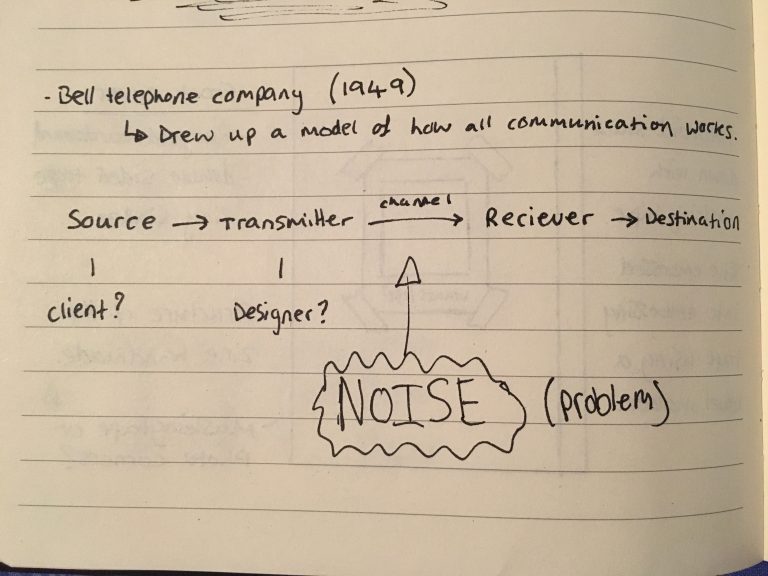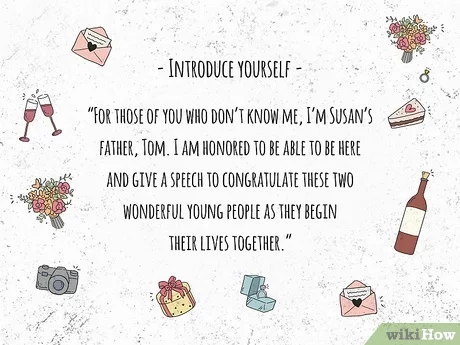Can Procrastination Be Good for You?
Procrastination can have benefits, but it depends on how it is managed and the context in which it occurs. In today’s fast-paced world, where productivity is often the focus, procrastination is generally seen as a negative behavior.
However, there are instances where procrastination can actually be beneficial. When used strategically, it can allow for increased creativity, improved decision-making, and reduced stress levels. By taking breaks and stepping away from a task, individuals can gain fresh perspectives and new insights, leading to more innovative solutions.
Additionally, postponing tasks can provide time for subconscious processing, allowing ideas to incubate and mature before taking action. While excessive procrastination can be detrimental, when approached mindfully, it can serve as a useful tool for productivity and personal growth.

Credit: bakadesuyo.com
The Psychology Of Procrastination
Procrastination, surprisingly, can have a positive impact on your productivity and creativity. The psychology behind this behavior is worth exploring. Procrastination involves consciously delaying tasks, often due to fear, stress, or lack of motivation. By understanding the concept of procrastination, we gain insight into why we engage in it.
There are several reasons behind this behavior, including perfectionism, lack of clarity or vision, and fear of failure. It is essential to examine the negative consequences of chronic procrastination, such as missed deadlines, increased stress levels, and lower quality work.
However, occasional procrastination can provide us with a much-needed break, allowing our minds to relax and potentially generate fresh ideas. It’s crucial to strike a balance and utilize procrastination as a tool rather than letting it hinder our productivity.
The Benefits Of Procrastination
Procrastination, often seen as a negative trait, can surprisingly have its benefits. One such advantage is increased creativity, which occurs when we allow ourselves to be distracted. By temporarily diverting our attention away from a task, our brains are given the freedom to explore new ideas and find unique solutions.
Additionally, procrastination can be utilized as a motivational tool. The pressure of impending deadlines can push us to work more efficiently and produce better quality results. Furthermore, procrastination also allows for subconscious problem-solving. When we take breaks from a task and let our minds wander, our brains continue to work on the problem in the background.
This can lead to sudden “aha” moments and innovative breakthroughs. So, while often viewed negatively, embracing procrastination can actually have its benefits.
Strategies For Healthy Procrastination
Procrastination, despite its negative connotation, can actually have some surprising benefits. When it comes to healthy procrastination, setting realistic priorities and deadlines is crucial. By implementing effective time management techniques, you can make the most of your procrastination tendencies. It’s important to recognize the difference between productive procrastination, which involves delaying a task to work on something more important, and unproductive delay, which just leads to wasted time.
When you prioritize your tasks and set achievable deadlines, you can use procrastination as a tool to boost your productivity. By taking breaks and allowing yourself some time to recharge, you can come back to tasks with a fresh perspective and increased motivation.
So, embrace healthy procrastination and use it to your advantage.
Procrastination And Personal Growth
Procrastination can actually have its benefits, especially when it comes to personal growth. By putting off tasks and responsibilities, we provide ourselves with an opportunity for self-reflection and growth. It forces us to look at areas in our lives that may need improvement or change.
Embracing the power of active rest and relaxation can lead to a more productive and fulfilled life. Instead of viewing procrastination as avoidance, we can reframe it as a chance for personal development. Taking the time to reflect on our goals and priorities can ultimately lead to a more balanced and meaningful life.
So, perhaps procrastination isn’t always a bad thing after all. It can actually be a tool to help us achieve personal growth and transformation.
Examples Of Successful Procrastination
Procrastination, often seen as a hindrance, can surprisingly be advantageous in certain situations. Successful individuals have found innovative ways to harness the power of procrastination. By strategically delaying tasks, they allow their ideas to marinate and incubate. This delayed action often results in enhanced creativity and breakthrough solutions.
Many famous figures have turned their tendency to procrastinate into a pathway to success. Their stories inspire individuals to view procrastination as a tool for productivity rather than a burden. From inventors to artists, real-life examples demonstrate how procrastination can lead to groundbreaking achievements.
By understanding the role of procrastination in innovative thinking, individuals can apply this concept to their own lives and utilize it strategically to unlock their own potential. The key lies in finding the balance between procrastination and taking action at the right time.
Balancing Procrastination And Productivity
Balancing procrastination and productivity is essential in understanding the boundary between productive delay and chronic procrastination. Overcoming procrastination habits can be achieved through various strategies. By setting clear goals and breaking tasks into smaller, manageable steps, one can combat the tendency to put things off.
Additionally, creating a healthy work-life balance allows for occasional bouts of procrastination without compromising overall productivity. It is important to recognize that occasional procrastination can even be beneficial, allowing time for creativity and problem-solving. However, maintaining awareness and avoiding excessive delay is crucial to prevent it from becoming chronic.
Embracing occasional procrastination while staying focused and disciplined ultimately leads to a more balanced and productive approach to work and life.
Frequently Asked Questions For Can Procrastination Be Good For You
Are Procrastinators Good?
Procrastinators can have positives as they often thrive under pressure and produce quality work.
Why Procrastinators Are Successful?
Procrastinators often succeed due to their ability to prioritize tasks effectively, resulting in higher productivity.
Why Do I Do Better When I Procrastinate?
Procrastinating may make you perform better due to increased focus and motivation.
What Are The Benefits Of Stop Procrastinating?
Stop procrastinating benefits include increased productivity, reduced stress, improved time management, and greater overall success.
Conclusion
While procrastination may be perceived as negative in society, it can actually have some benefits when practiced in moderation and with intention. By giving ourselves time to think and reflect, we can often come up with more creative and innovative solutions to problems.
Procrastination can also provide an opportunity to recharge and rejuvenate, leading to increased productivity and motivation when we do finally dive into the task at hand. However, it is important to strike a balance and not let procrastination become a habitual behavior that hinders our progress.
Setting realistic deadlines, breaking tasks into smaller parts, and utilizing time management techniques can help us manage procrastination effectively. So, the next time you find yourself procrastinating, remember that it may not always be a bad thing. Embrace it as a tool to enhance your creativity and overall productivity, and welcome the occasional moments of respite it can provide.




